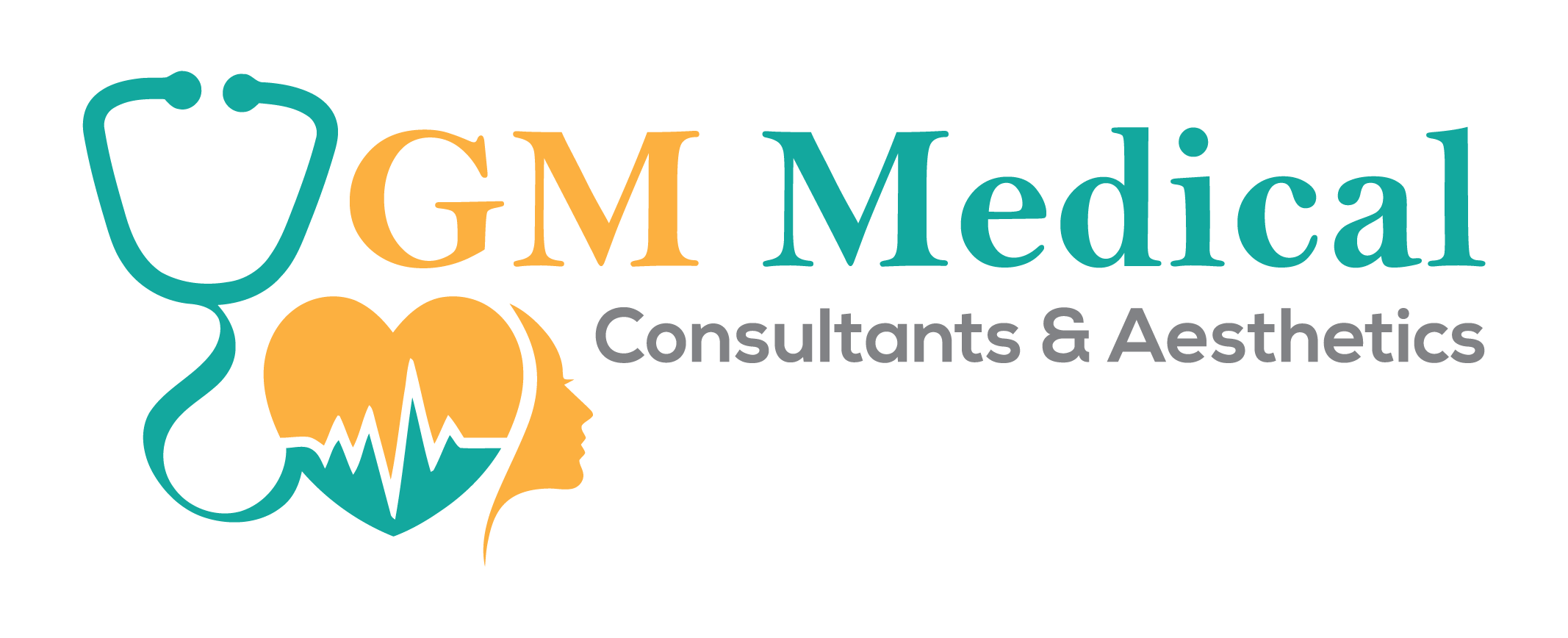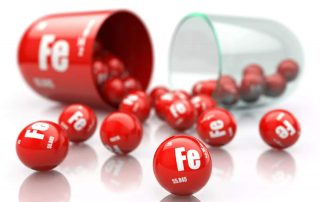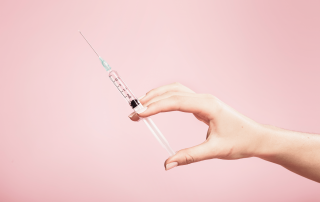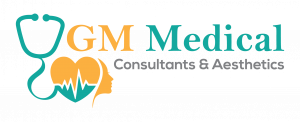Vitamin Shots
Hydroxocobalamin
Hydroxocobalamin, also known as vitamin B12, is a vitamin found in food and is also used as a dietary supplement. Vitamin B12 helps to utilize fats and carbohydrates for energy and make new proteins. Vitamin B12 is important in the maintenance of our metabolism, blood cells, and nerve function. Most people get enough vitamin B12 in their diet, but some need supplementation. Certain health conditions such as intestinal or stomach problems, poor nutrition, cancer, HIV, pregnancy, old age, veganism, and alcoholism can cause vitamin B12 deficiency. Low levels of vitamin B12 can lead to fatigue and anemia in milder cases.
More serous B12 deficiencies have the potential to impair heart and neurological function, leading to a wide range of serous symptoms, including but not limited to tinnitus, severe joint pain, memory problems, depression, anxiety, poor muscle function, ataxia, and changes in reflexes. Infertility can also occur in individuals with insufficient B12. Early intervention and treatment of B12 deficiencies are key to maintaining healthy bodily function.
Overview Other Uses Dosage, Concentration, Route of Administration Storage Hydroxycobalamin (B12) helps the body convert fat and carbohydrates to energy and may be beneficial as part of a weight loss program. Dosage: Seek advice from an appropriately qualified and licensed physician, medical director, or other healthcare provider Concentration: 2mg/ml Route of Administration: IV/IM
Ascorbic Acid
Ascorbic acid, also known as vitamin C, is an antioxidant that plays an important role in the body: it protects the body’s cells from damage. It is also necessary to maintain the health of skin, teeth, bone, cartilage, and blood vessels. Studies have shown that it may help brain function in people with cognitive impairments such as Alzheimer’s disease and dementia.
Without the proper amount of ascorbic acid, people are at risk for cardiovascular illness, compromised immune systems, premature aging, increased stress response, and low energy. Ascorbic acid is found in foods such as citrus fruits, kiwi, broccoli, tomatoes, leafy vegetables, potatoes, brussels sprouts, raw bell peppers, and strawberries. Most people get sufficient ascorbic acid through their diet. Others may not be able to absorb enough through diet or ingestible supplements. In these cases, injections may be prescribed.
Overview Other Uses Dosage, Concentration, Route of Administration Storage (407) 250 4000 www.olympiapharmacy.com sales@olympiapharmacy.com Ascorbic acid is one of many antioxidants that can protect against damage caused by harmful molecules called free radicals, as well as toxic chemicals and pollutants like cigarette smoke. Free radicals can build up and contribute to the development of health conditions such as cancer, heart disease, and arthritis.
Ascorbic acid may also be beneficial for patients with colds, macular degeneration, inflammation, skin aging, and in those who have suffered from a stroke. Dosage: Seek advice from a licensed physician, medical director, or other healthcare provider Concentration: 500mg/ml Route of Administration: IV/IM
Glutathione
L-Glutathione, or simply glutathione, is a powerful antioxidant comprised of amino acids cysteine, glycine, and glutamic acid. Glutathione has many functions. It is vital to mitochondrial function and necessary to produce DNA. Its ability to cross the blood-brain barrier means it plays an important role in removing toxins, such as mercury, from the brain and other cells. It is key in supporting immune function, metabolism, forming sperm cells, tissue building and repair, and helping with certain enzyme functions.
As a powerful antioxidant, it may help fight the effects of free radicals, which cause oxidative stress, damage healthy cells, and contribute to aging and certain degenerative illnesses. Unlike most antioxidants, glutathione can be made in the human liver. Glutathione can be found in every cell of the human body. It is also found in many foods, including spinach and avocados, but is poorly absorbed by the body when consumed orally. Supplements that can support glutathione production include curcumin, N-acetylcysteine, selenium, silymarin, vitamin C, and Vitamin E.
Glutathione levels in the body naturally decline as we age, but can also be reduced by factors like stress, malnutrition, and environmental toxins Overview Other Uses Dosage, Concentration, Route of Administration Storage Glutathione is a powerful antioxidant and is beneficial for many disease states as well as helping people live a healthier life. It may improve immune response, help to metabolize toxins and activate enzymes, aid the liver in metabolizing alcohol, reduce the amount of fat stored in the belly, help to reduce oxidative stress, and improve complexion.
Dosage: Seek advice from a licensed physician, medical director, or other healthcare provider Concentration: 200mg/ml Route of Administration: IV/IM Store under controlled refrigeration. Protect from light.





